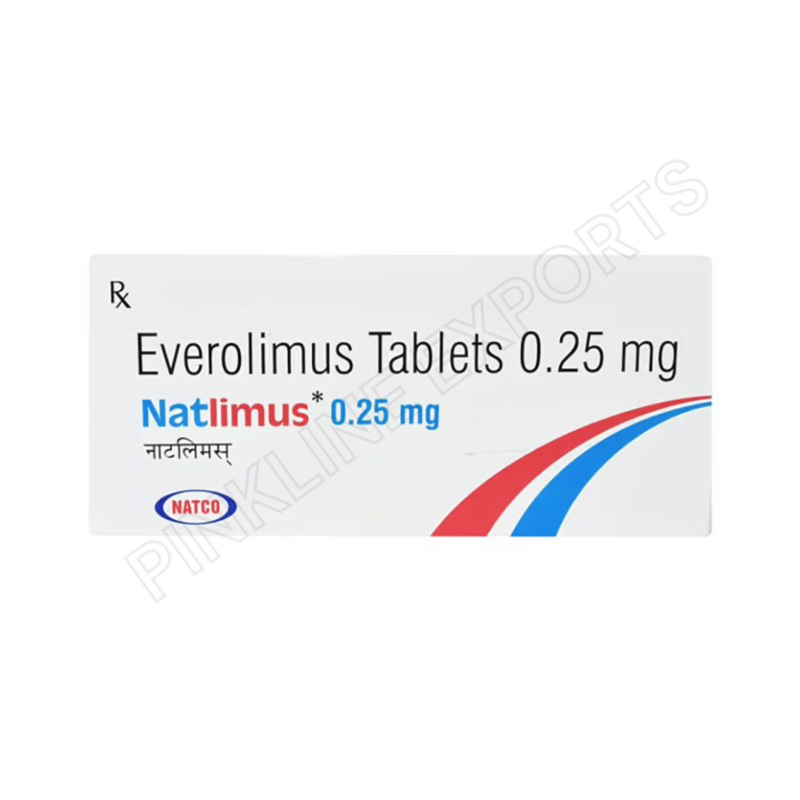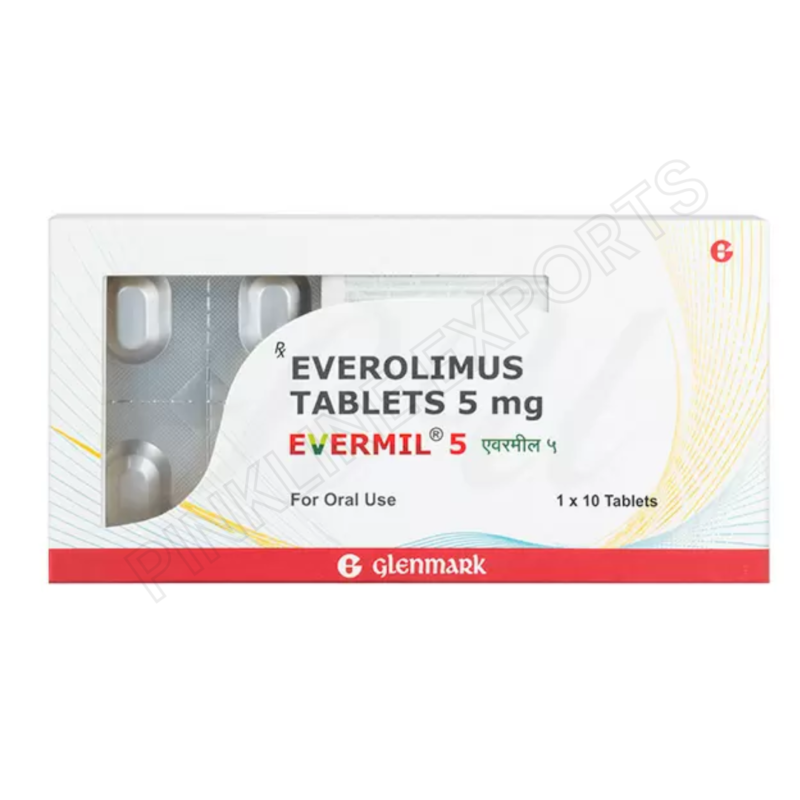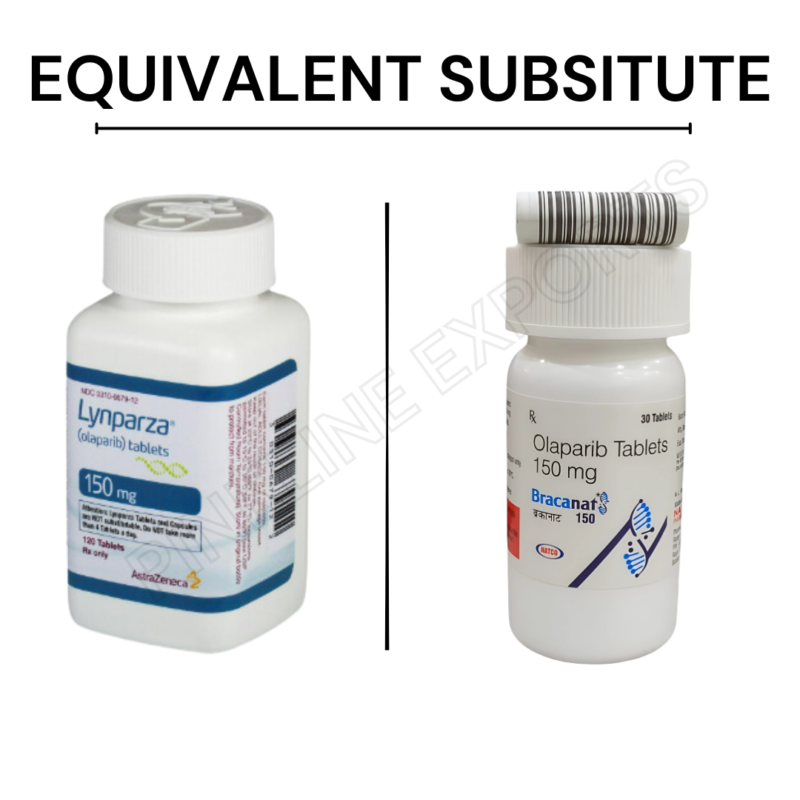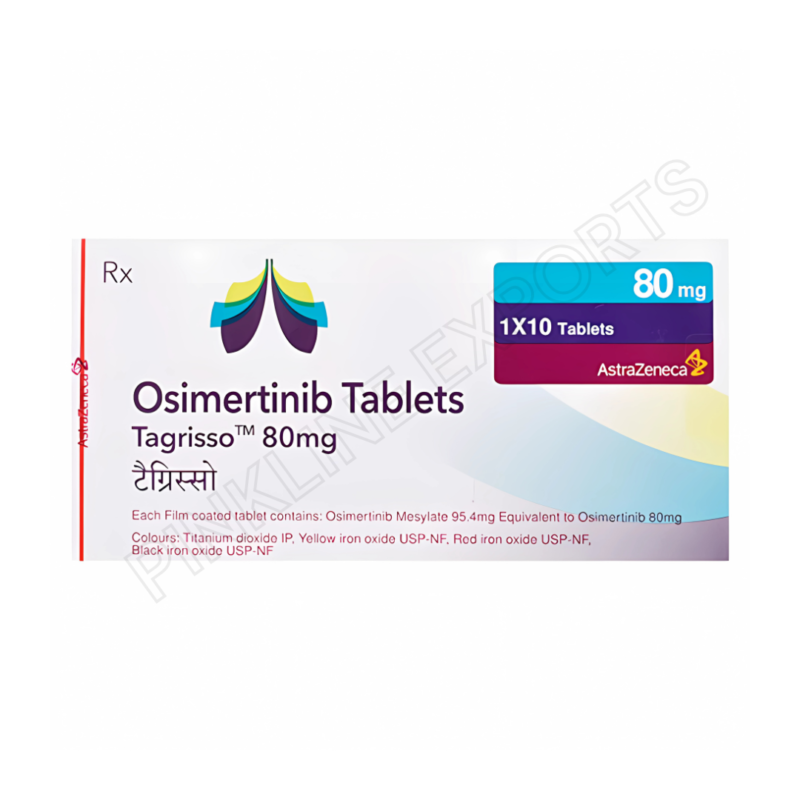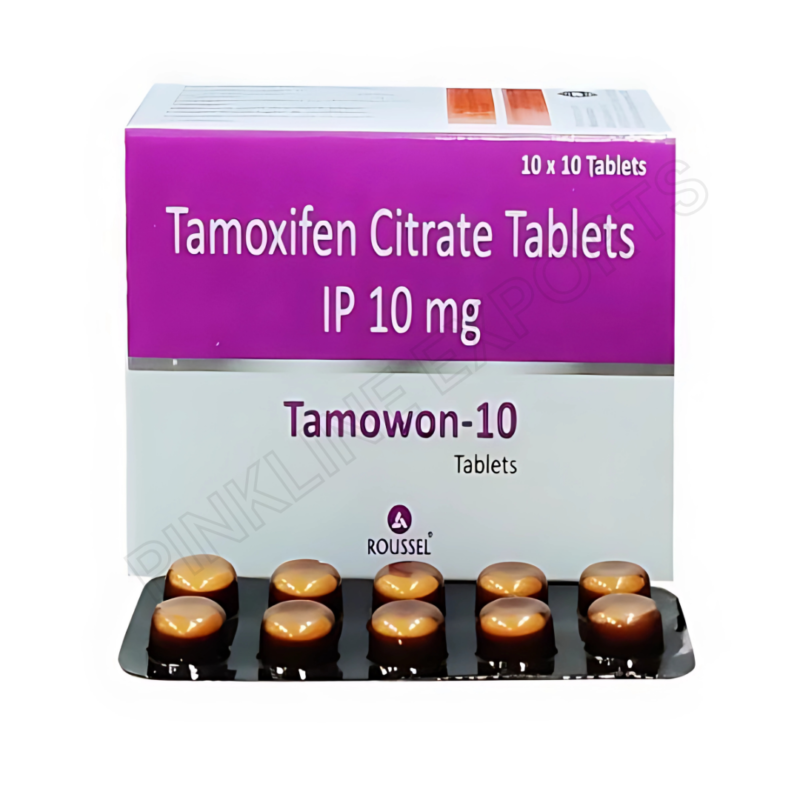
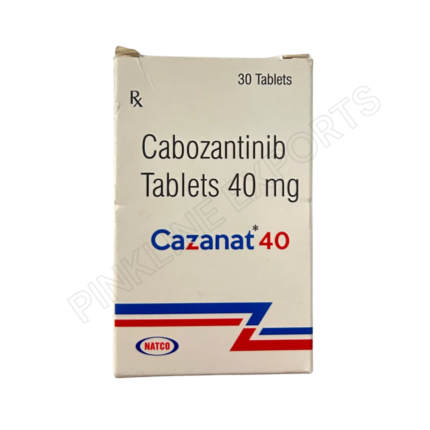
Cabozantinib Tablets 20 Mg – Generic Cazanat
$99.00 – $285.00Price range: $99.00 through $285.00
Cabozantinib Tablets 20 mg
is a targeted cancer therapy used to treat advanced kidney cancer, liver cancer, and thyroid cancer. It works as a tyrosine kinase inhibitor by blocking abnormal enzyme activity and reducing the growth of cancer cells. Prescription required. Available in certified packaging with global shipping.
Description
Cabozantinib Tablets 20 mg
What is Cabozantinib?
Cabozantinib is an oral tyrosine kinase inhibitor (TKI) used for treating multiple types of advanced cancer, including renal cell carcinoma (RCC), hepatocellular carcinoma (HCC), and medullary thyroid cancer (MTC). It interferes with several signaling pathways involved in tumor growth, metastasis, and angiogenesis.
Generic name: Cabozantinib
Form: Oral tablet
Strength available: 20 mg (also available in 40 mg and 60 mg)
Uses and Indications
Cabozantinib 20 mg is used to treat:
- Advanced renal cell carcinoma (RCC) — kidney cancer that is locally advanced or has spread to other parts of the body
- Hepatocellular carcinoma (HCC) — liver cancer in patients who have previously received sorafenib
- Medullary thyroid cancer (MTC) — especially if it is progressive or metastatic
Note: The 20 mg dose is commonly used as part of titration therapy or when dose reduction is required due to side effects.
How Cabozantinib Works
Cabozantinib blocks multiple tyrosine kinases including:
- VEGFR1, VEGFR2, VEGFR3 (vascular endothelial growth factor receptors)
- MET, AXL, and RET — proteins associated with tumor cell proliferation and drug resistance
By inhibiting these, Cabozantinib:
- Prevents tumor blood vessel development (anti-angiogenesis)
- Slows cancer cell growth
- Reduces metastatic spread
Dosage and Administration
- Strength: 20 mg tablet
- Standard Dosage: Varies by indication. Often used in combination to achieve a total daily dose of 60 mg.
- Mode: Oral, once daily
- Administration: Taken on an empty stomach (no food 2 hours before and 1 hour after the dose)
- Swallow whole; do not crush or chew
Your physician may modify your dosage based on your tolerance, side effects, or drug interactions.
Composition
- Active Ingredient: Cabozantinib 20 mg
- Excipients: Varies by manufacturer (may include silica colloidal anhydrous, croscarmellose sodium, MCC, magnesium stearate, etc.)
Available Packaging
- Strips or bottles depending on brand and manufacturer
- Commonly available in 14, 28, or 30 tablet packs
- Clearly labeled dosage strength for safe administration
Common Side Effects
Frequent:
- Fatigue
- Diarrhea
- Nausea
- Stomach pain
- Decreased appetite
- Weight loss
- Hand-foot syndrome
- Mouth sores
Serious (requires immediate medical attention):
- Blood clots
- Gastrointestinal perforation
- Liver enzyme elevation
- Severe hypertension
- Hemorrhage (bleeding)
- QT prolongation (heart rhythm issue)
Warnings and Precautions
- Pregnancy: Can cause fetal harm; use effective contraception
- Breastfeeding: Not safe during or at least 4 months after treatment
- Liver Function: Monitor liver enzymes periodically
- Surgical Considerations: Discontinue at least 2 weeks prior to major surgery
- Drug Interactions: Avoid strong CYP3A4 inducers/inhibitors (e.g., rifampin, ketoconazole)
Contraindications
- Hypersensitivity to Cabozantinib or its components
- Uncontrolled hypertension
- Recent bleeding or gastrointestinal conditions
Storage Instructions
- Store below 30°C (room temp)
- Keep in a dry, ventilated place
- Protect from moisture and heat
- Keep out of reach of children
Frequently Asked Questions (FAQs)
1. What is Cabozantinib 20 mg used for?
Cabozantinib 20 mg is used to treat kidney cancer, liver cancer, and certain types of thyroid cancer by blocking pathways involved in cancer cell growth.
2. Is 20 mg the regular dose?
No. The usual total daily dose is 60 mg. The 20 mg strength is used when dose reductions are necessary, or in combination with other tablet strengths.
3. Is Cabozantinib a chemotherapy drug?
No. It is a targeted therapy — a tyrosine kinase inhibitor — not traditional chemotherapy.
4. How should I take Cabozantinib Tablets?
Take on an empty stomach with water. Avoid eating 2 hours before and 1 hour after taking the tablet.
5. Can I take Cabozantinib during pregnancy?
No. It can harm an unborn baby. Effective contraception is necessary during treatment.
6. What are common side effects?
Fatigue, diarrhea, nausea, high blood pressure, and skin redness on hands and feet are among the most common.
7. Can Cabozantinib be crushed or split?
No. Tablets must be swallowed whole.
8. Is a prescription required to buy Cabozantinib?
Yes. This is a prescription-only cancer medication.
9. How long should I take Cabozantinib?
As long as prescribed. The treatment continues until the cancer progresses or side effects become intolerable.
10. Is Cabozantinib available in generic form?
Yes. Generic versions are available in many countries, offering cost-effective alternatives to branded Cabometyx and Cometriq.

.svg)





